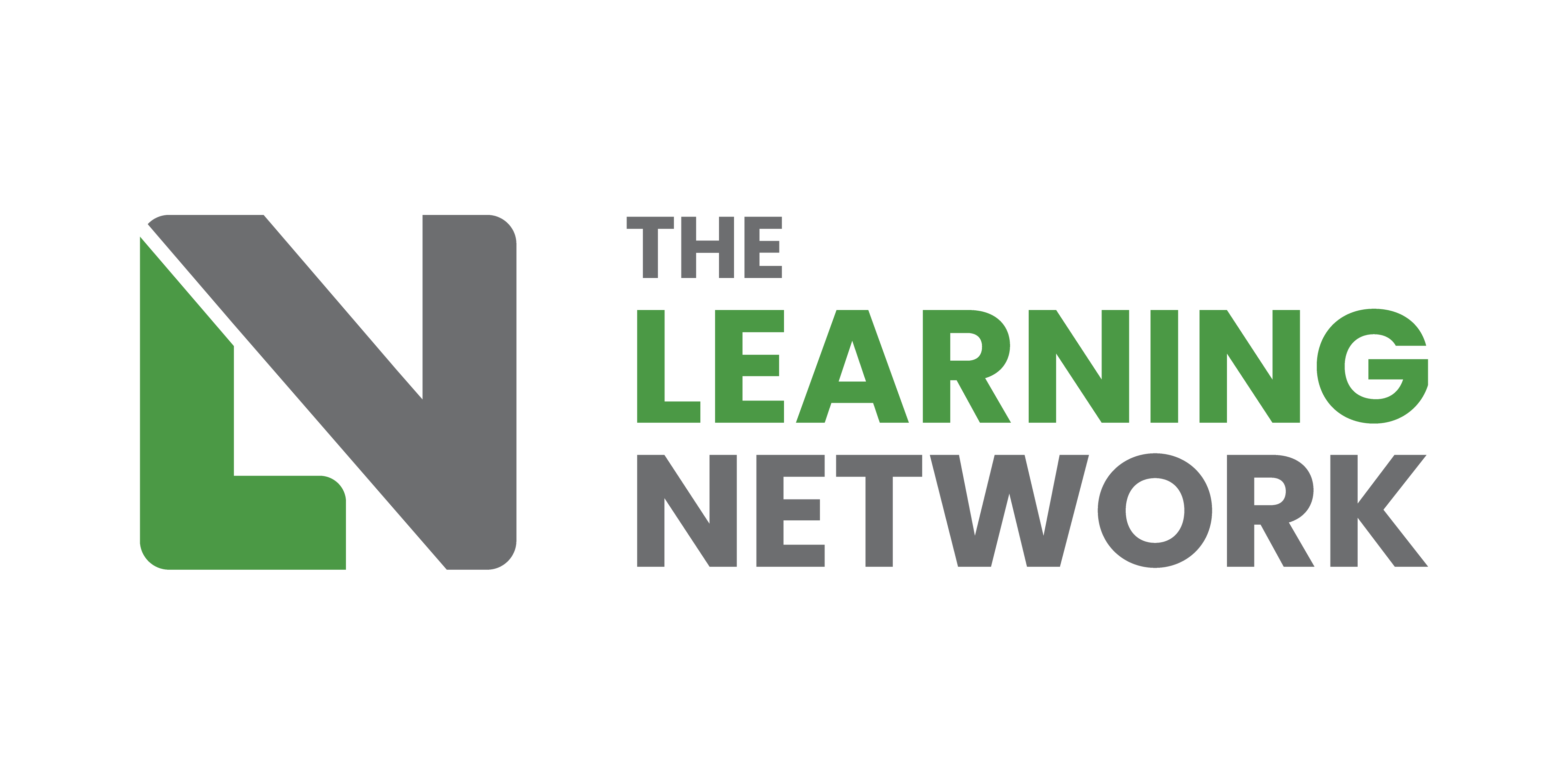By Tom McDowall, Chair of The Learning Network
Consider the notion that our brains, much like our beloved smartphones, require regular recharging to function at their optimum. Yet, the ‘low battery’ signals of our cognitive faculties often go unheeded, leading to a widespread neglect of sleep – the ultimate cerebral charger.
The Science of Sleep and Its Phases
Sleep is an active period during which important processing, restoration, and strengthening occur. The science of sleep reveals a fascinating and intricate process divided into several phases, each serving unique functions for our brain and body. Sleep can be categorised into two main types: REM (Rapid Eye Movement) sleep and NREM (Non-REM) sleep, which includes three stages.
Stage 1 – NREM
As the introductory phase of sleep, Stage 1 serves as a gentle transition from wakefulness to sleep, allowing the brain to begin slowing down. Though brief, this stage is essential for beginning the process of memory consolidation, where the day’s fleeting memories start their journey to more stable storage.
Stage 2 – NREM
During this phase, the brain begins to process and consolidate procedural memories—the “how-to” aspects of learning, such as riding a bike or playing a musical instrument. The decrease in sensory input allows the brain to focus on internalising new skills and knowledge without the distraction of the external environment.
Stage 3 – NREM
Known as deep sleep, Stage 3 is critical for consolidating declarative memories, which include facts and information. This phase facilitates the transfer of these memories from the hippocampus to the neocortex, where long-term memories are stored. The restoration of energy during deep sleep also supports neural plasticity, a fundamental process underlying learning and memory formation.
REM sleep
This phase is crucial for cognitive functions related to learning and creativity. REM sleep supports the integration of newly learned material with existing knowledge, enhancing problem-solving and creative thinking. The vivid dreams experienced during REM sleep are thought to be a byproduct of this process of memory integration and consolidation. Moreover, REM sleep has been associated with improved emotional regulation, which can enhance learning by enabling better focus and attention.
These phases form the sleep cycle, each contributing to the learning process. By supporting everything from the initial encoding of information to the complex integration of knowledge, sleep stands as an indispensable ally in our quest for learning.
Sleep’s Role in Learning and Memory
Research underscores the profound impact of sleep on learning and memory. Sleep after learning acts as a memory enhancer. According to a study by Gais and Born (2004), sleep not only protects newly learned information from interference but also actively consolidates it, integrating it with existing knowledge in the brain. This process is crucial for both procedural memory (the how) and declarative memory (the what).
Sleep and Workplace Performance
The correlation between sleep and workplace performance is evidenced by extensive research. Sleep deprivation negatively affects decision-making processes, creativity, and critical thinking skills. Walker (2017) highlights how lack of sleep impairs the prefrontal cortex, where executive functions like problem-solving, maintaining attention, and cognitive flexibility reside. Furthermore, the amygdala, responsible for emotional responses, becomes hyperreactive to negative stimuli when sleep is deficient, leading to increased stress and difficulty in managing workplace relationships.
Real-life Implications
Consider the impact of a sleep-deprived decision-making process in high-stakes environments – the difference between a well-reasoned strategy and a costly error could literally be a good night’s sleep. In the learning context, sleep’s role is equally critical; the consolidation of new skills and knowledge during sleep can be the difference between mastery and mediocrity.
Practical Actions for Learning and Development Professionals
Enhancing sleep’s role in learning and workplace performance can be achieved through:
- Policy Development: Advocate for sleep-friendly policies, such as flexible working hours and designated ‘quiet hours’ for communication, to reduce after-hours work stress.
- Sleep Awareness Programs: Implement programs that educate employees on the importance of sleep, its stages, and its impact on learning, performance, and most importantly, their well-being.
- Environment Optimisation: Encourage the creation of workspaces conducive to relaxation and brief naps, underscoring the importance of physical environments in supporting cognitive function. Naps at work may sound odd, but we should never shy away from trying different solutions.
- Training for Managers: Equip managers with the knowledge to recognise signs of sleep deprivation and support team members in achieving a healthier work-life balance.
Prioritise sleep
As we delve deeper into the intricate dance between sleep, learning, and workplace performance, the message is clear: sleep is not merely a passive state of rest, but a complex and active process critical to our cognitive and emotional well-being. Let’s prioritise sleep as the foundational element it is, ensuring that both our learning environments and workplaces support and encourage the essential role it plays in our lives.
Further reading
Gais, S., & Born, J. (2004). Declarative memory consolidation: Mechanisms acting during human sleep. Learning & Memory, 11(6), 679-685.
Walker, M. (2017). Why We Sleep: Unlocking the Power of Sleep and Dreams. Scribner.
Harvard Medical School. (2007). Sleep helps learning, memory. Retrieved from https://www.health.harvard.edu/blog/sleep-helps-learning-memory-201202154265
Wamsley, E. J. (2014). The Role of Sleep in Cognitive Processing: Focusing on Memory Consolidation. Retrieved from https://www.ncbi.nlm.nih.gov/pmc/articles/PMC3768102/



